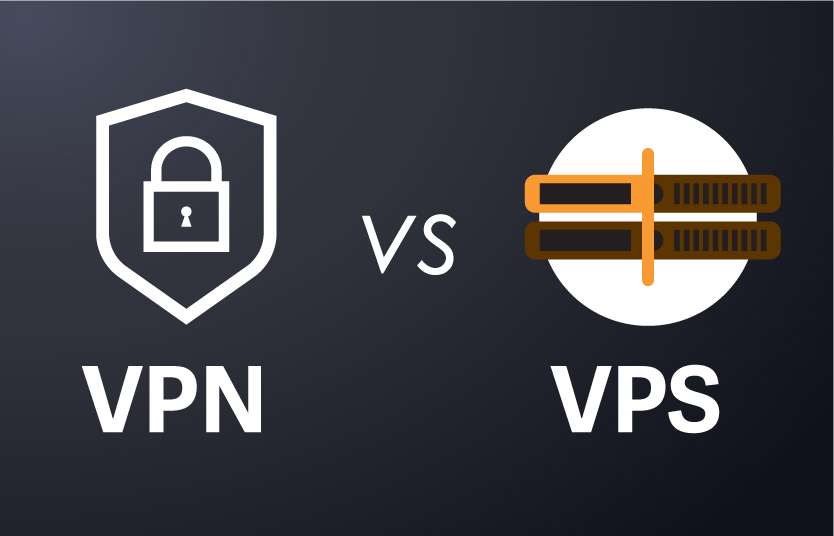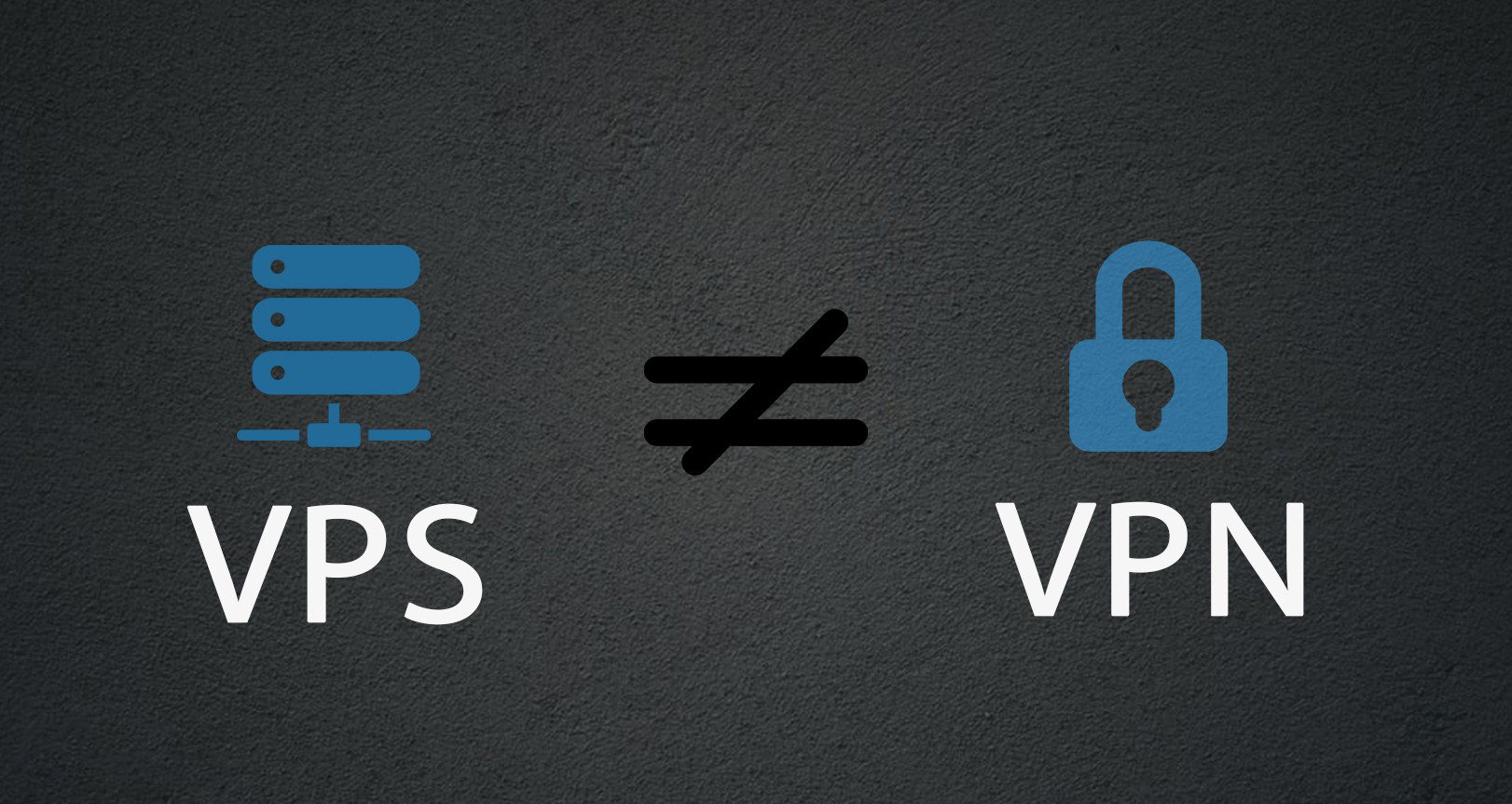VPS vs VPN: What is the Difference?
While they might sound similar, it’s important to consider the different functions when it comes to VPS vs VPN. In fact, aside from both having the word “virtual” in their names, they don’t have much in common. One is a dedicated operating system hosted offline and offered as a service, and the other is a network of dedicated servers that facilitate the use of the Internet.
Basically:
- A VPS is a computer
- A VPN is a service
As a business owner, it can be difficult to know what you need. You know you need a website and a hosting service, but from there it can get confusing.
This article will explain the differences between VPS vs VPN to help you make a more educated decision.
What is VPS (Virtual Private Server)?
VPS is a physical server where the server is segregated into smaller virtual private servers that several users can use, taking only the resources that their applications need.
VPS means that the server operates in a virtualized environment, a cloud server instead of a physical server. This distinguishes VPS from dedicated servers, which are physical machines in a data center rack. Virtual servers have similar functionality as a dedicated server, except the fact that multiple virtual servers are present on one physical server.
As computers became more and more powerful and efficient, it was no longer constructive to rent a complete server just to host a single website. In most cases, it wasn’t practical for businesses and individuals to buy the whole server. Even with several business applications and websites installed, most of the resources sit idle and are not in use.
To overcome this, virtualization technologies were introduced and VPS (virtual private server) was born.

What is VPN (Virtual Private Network)?
A VPN has nothing to do with web hosting — it’s a completely different tool. A VPN hides your IP address and encrypts your data, so nobody can see what you do online, spy on your data, and block you from accessing certain resources.
When you enable a VPN on your device, your internet traffic is redirected through the remote server of a VPN provider.
Difference between VPS vs VPN (Pros and Cons)
Everything has its pros and cons if it’s VPS vs VPN or any other type of hosting. Let us move ahead to see the pros and cons of VPS vs VPN.
Pros of VPS
VPS hosting is ideal for users who need more resources and computing than a shared server but aren’t ready for a dedicated server.
Here are a few of the biggest benefits of utilizing VPS hosting:
- It’s cost-efficient: With VPS hosting you typically have access to a dedicated server, without the cost of a physical dedicated server.
- Better server customization: Usually, you’ll pay for what you need and be able to only add those features that are essential to run your site.
- Easy scalability: In VPS hosting, you can eventually extend the number of server resources you need to access and won’t require to pay for unnecessary additional resources.
- High-level server control: With VPS hosting, you get a higher level of access to your server and also the root access, and the ability to run specific server scripts.
- Exceptional technical support: With VPS hosting you normally will have access to more enhanced technical support staff as compared to a basic dedicated server.
Pros of VPN
- Easy access to geo-restricted content: A VPN lets you bypass specific content restrictions. For instance, you could use a VPN to watch shows that aren’t available in your country.
- Protects your data: As VPN encrypts your data before sending it over the network, your data will be safe and secure from bad actors.
- Keep you safe online: If you are regularly accessing unsecured wi-fi networks then VPN could be handy and help you stay safe online.
If you are thinking of either of these selections, make sure to check out the comprehensive comparison between VPS Hosting and Dedicated Servers.
As we have discussed the pros of VPS vs VPN, now let’s see the cons of VPS vs VPN.

Cons of VPS
Still, VPS hosting isn’t perfect for every kind of website owner. In fact, you should probably only consider VPS hosting once you’ve “graduated” from a shared hosting plan.
When it’s time to migrate your shared hosting to VPS, you’ll be given more space and flexibility for managing your site. ,. Still, there are some disadvantages you’ll want to be aware of.
Here are the biggest drawbacks to VPS hosting:
- It’s comparatively more expensive. If you’re coming from shared hosting, then know that VPS will be more expensive than shared hosting. It’s not as expensive as dedicated hosting. But the price will depend on your overall resource requirements. Overall, it’s cost-effective, but you will be paying a higher monthly rate.
- You can run into resource allocation issues. In some cases, you can run into resource allocation issues. This is when another site running a VPS uses too large a volume of physical server resources and your site’s performance will slow down. However, this typically only happens if you’re using a low-quality VPS host.
Cons of VPN
Even though using a VPN is a great step to take towards protecting yourself online it isn’t without its drawbacks.
Here are some of the most common drawbacks you’ll experience when using a VPN:
- Slower internet connection. Since a VPN adds layers of encryption to your data this will slow down your internet connection. If you already have a slow internet connection, this could make your internet connection virtually unusable.
- Security issues can still arise. VPNs aren’t perfect. Often achieving a high level of security will rely upon configuring your VPN properly. There have also been circumstances where DNS and IP leaks occur, exposing your once secured data.
- Your VPN connection can drop. If your VPN connection drops you lose any existing anonymity. Although some VPNs employ a kill switch feature that will disconnect you from the internet if a drop occurs.

VPN vs VPS: final thoughts
A VPN and a VPS are two different technologies, serving different purposes. There’s no reason to choose one over another; they both have their uses.
It’s a good idea to use a VPN while administering your website, protecting yourself online. If you often work from cafes, co-working spaces, hotels, or airports, a VPN app is a vital tool to enhance your digital security.